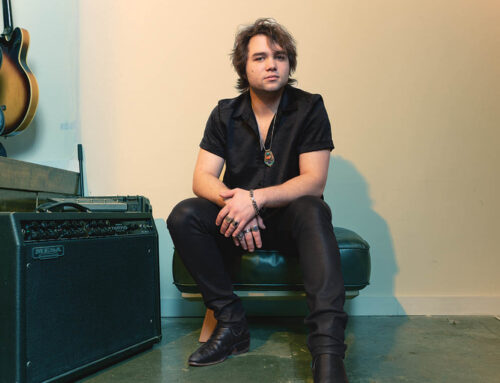I love November, and I love Thanksgiving. Somehow Madison Avenue has never figured out how to commercialize Thanksgiving the way it has Christmas, Easter and a host of other holidays. Thanksgiving remains simple, and that’s the way it should be – a time to gather with those we love, to enjoy a quiet day (with the possible exception of those responsible for stuffing and roasting the bird), and to reflect up on the simple gifts of life.
Reflecting on the gift of gratitude, it seems to me that thankfulness is one of the loveliest of gifts. In order to feel grateful, I must admit that I am anything but “self made.” I stand on the shoulders of those who have given me gifts beyond measure. As the Bible says: “When the LORD your God brings you into the land he swore to your fathers, to Abraham, Isaac and Jacob, to give you – a land with large, flourishing cities you did not build, houses filled with all kinds of good things you did not provide, well you did not dig, and vineyards and olive groves you did not plant – then when you eat and are satisfied, be careful that you do not forget the LORD, who brought you out of Egypt, out of the land of slavery.” (Deuteronomy 6:10-12). An accurate assessment of the past and its gifts is a great source of thanksgiving.
Of course, some years it is more difficult for us to give thanks; especially if it’s been a hard year. And yet thanksgiving is always possible, and even appropriate.
I love the story of Martin Rinkert, a minister in the little town of Ellenburg, Germany, some 350 years ago. He was the son of a poor coppersmith, but managed to work his way through an education. In 1617, he was offered the post of Archdeacon in his hometown parish. A year later, the Thirty Years War broke out, and his town was caught in the middle of it. In 1637, the massive Bubonic plague that swept across the continent hit Ellenburg. People died at the rate of 50 a day, and the man called upon to bury most of them was Martin Rinkert.
In all, more than 8,000 people died, including Martin’s own wife. His labors finally came to an end about 11 years later, just one year after the conclusion of the war. His ministry spanned 32 years, all but the first and the last overwhelmed by the great tragedies that engulfed his town. It was tough for Martin Rinkert to be thankful.
But he managed. He wrote the words to the hymn that is familiar to most of you:
Now thank we all our God
With hearts and hands and voices,
Who wondrous things hath done,
In whom this world rejoices;
Who, from our mother’s arms,
Hath blessed us on our way
With countless gifts of live,
And still is ours today.
Have a simple, wonderful Thanksgiving.






